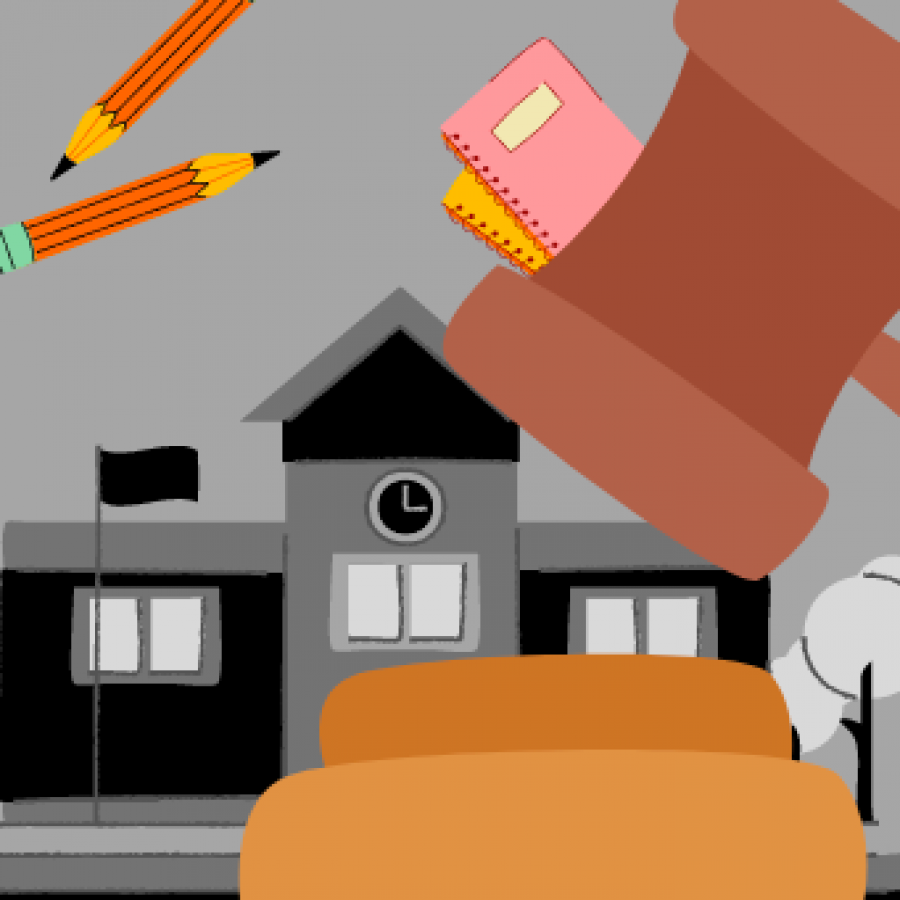
Within two months of each other, legislators passed bills in the states of Iowa and Illinois. One advances students’ knowledge of America’s recent history, but the other blocks curriculum from students and imposes rules about the historical events a school district is permitted to teach.
Only separated by a border, these bills are miles away in their stance of what education should be like in schools.
Iowa is banning the use of the 1619 project, a curriculum published by the New York Times detailing a history of African-Americans undocumented by textbooks, in history education by reducing funds to school districts teaching students these ideas. Just across the Mississippi River, Illinois will now require all schools to teach Asian-American inclusivity.
Iowa’s bill has received much-justified criticism after its presentation and approval, especially following this past year’s events. The rise of racially-provoked crimes across the country has reignited a strong push for equality seen through many Black Lives Matter protests. Crimes against Asian-Americans have also risen due to the COVID-19 pandemic and false accusations.
With the growing amount of expressed hatred, including many murders and hate crimes towards minorities, Iowa should be taking steps to promote inclusivity and equality among all Americans. This step begins in the school system.
The Iowa legislature stated that they believe the 1619 project promotes leftist views instead of a non-biased source of information and had concerns about schools persuading students’ views. Countering their stance, many schools and teachers have supported adding this document into schools’ curriculum.
PV history teacher Jeff Meyers is among the many concerned educators who believe this new legislation will negatively impact students’ education. “The purpose of public schools should be to promote critical thinking, participate in respectful dialogue, and learn public engagement. When inclusivity is not prioritized, students will not learn about critically important aspects of our past,” he said.
Instead of covering up the issues present in current-day America, students need to learn about our country’s failures. Without the knowledge of these crucial events in American history, there is no way for the U.S. to progress and better itself. Today’s youth will impact the future. Failure to spread important information about present issues will inhibit this change.
This issue will not only impact what happens in schools but the future of American society as well. To prevent the recurrence of hatred towards minorities, their history must be acknowledged. The state of Illinois recognized this issue and passed a bill requiring Asian American history to be taught in schools.
The step taken by the Illinois legislature was followed by the increased publicity of xenophobic attacks occurring in America. Although only a small step forward, the bill is progress in the right direction.
Senior Christina Li believes that there has to be many steps taken before minorities, especially Asian-Americans can achieve the equality they need in the U.S. “These things have to be taught in school so that we, as a whole, can learn how to be more empathetic and respectful towards minorities,” she said.
Acknowledgment of minorities’ struggles is only the start of major reform that needs to take place in the nation.
Meyers points to the importance of learning all sides of U.S. history when discussing multiple viewpoints. “When students do not see, hear and learn from those they disagree with, their ability to be informed citizens is impaired and I would argue their empathy is diminished. Teaching inclusivity encourages a sense of common humanity in our students,” he said.
The lack of these key discussions hinders everyone, not just students or political ideas. Politics should not be brought into education reform and education should not be obstructed by a political agenda.
Iowa legislation should be following in the Illinois legislature’s footsteps by promoting education on minorities. Even though legislators have stated they are in full support of having a great Iowa education, this claim is proving to be false as they penalize schools for educating students from multiple perspectives, rather than just a Eurocentric one.
Li knows change starts in the classroom and there are many working parts that have to be put together to allow for effective education in schools. “I think that our education system also reflects how American textbooks paint Asians, which is almost always in a very harmful way – unintentional or not,” she said.
Like many other Americans, Li hopes to see change within not only Iowa education but American education as a whole. But this push is ignored by many politicians leading the country or the state of Iowa.
As Iowa’s education system begins to crumble, Meyers wishes to see more communication between teachers and politicians. “[They should] engage in meaningful dialogue with a real and earnest interest in restoring education to a place of primary importance. We have state legislators who say they prioritize education but do not engage in good faith discussions with teachers, unions or administrators. This is as disheartening as it is infuriating,” he stated.
Without a change in education requirements, the Iowa legislature is leading itself and its students on a path that will not progress or improve the state of the U.S. As other states, including Illinois, are pushing education which creates change to prevent more tragic events from occurring in America, Iowa is holding itself in the past.
Schools should be a place where all ideas are supported and dialogue between opposing views is encouraged. “[Legislators] are working to tie public school funding to ensure Iowa students do not learn ideas opposed to their own ideologies,” Meyers mentioned.
The choice to remove inclusive education from the Iowa curriculum is fatal to students’ education, especially when the need to spread information about all minorities is crucial for the progression of society. Removing teaching requirements from history education hinders Iowa students, and it is ultimately leading to the decline of Iowa education.









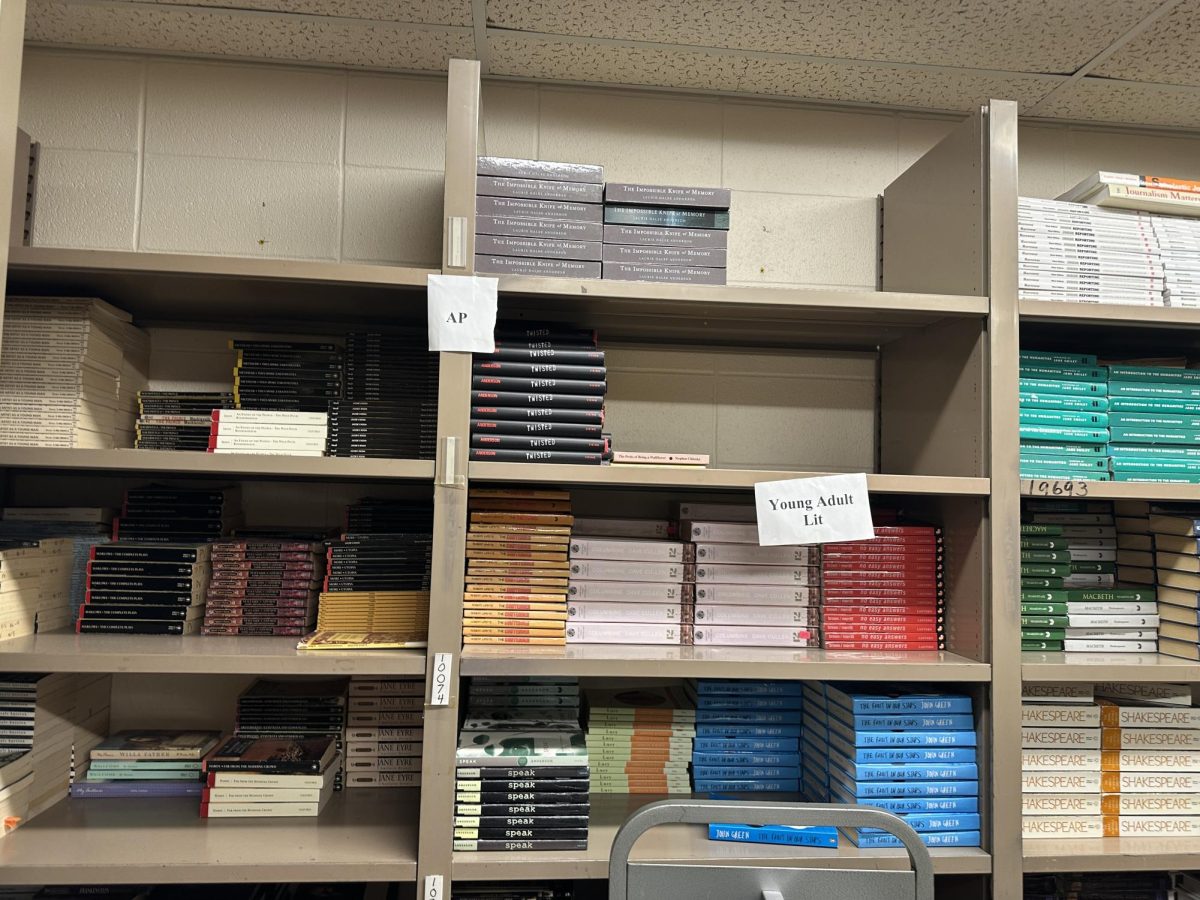
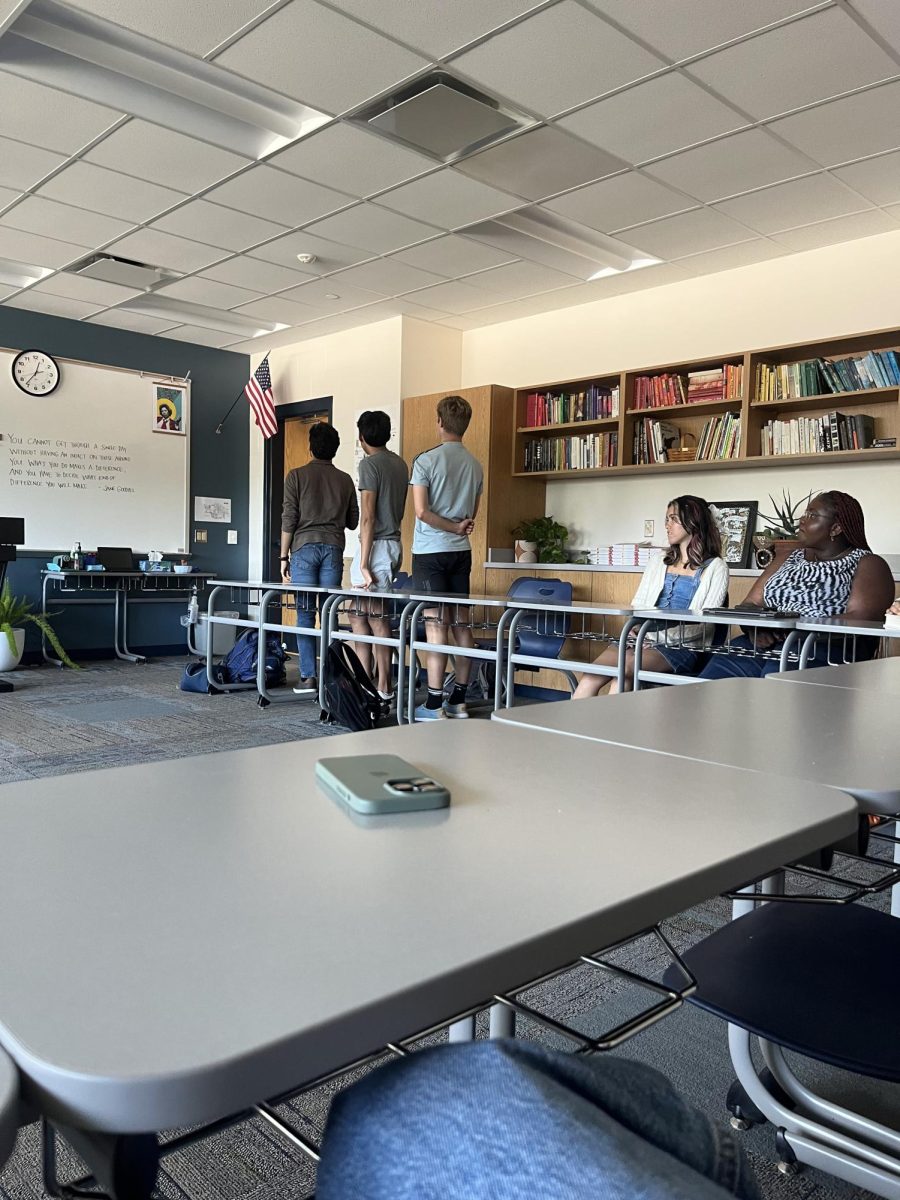


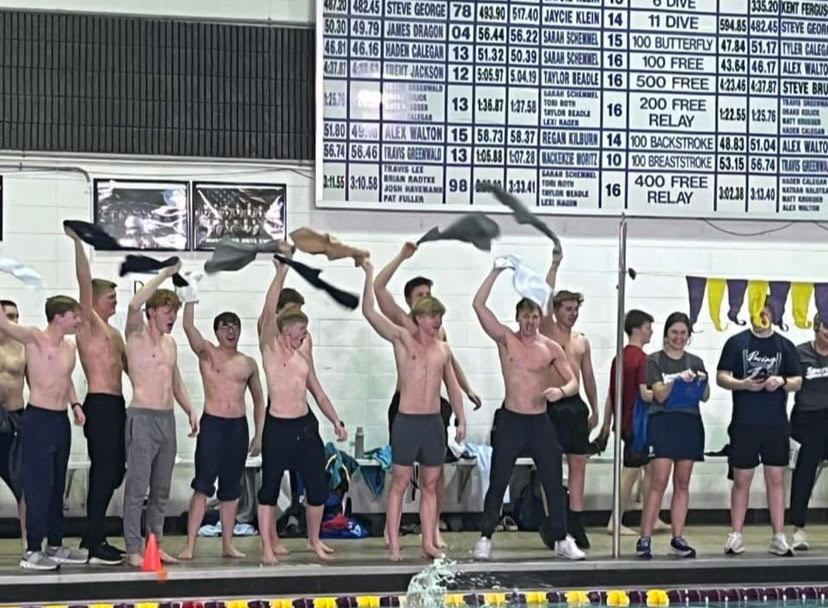
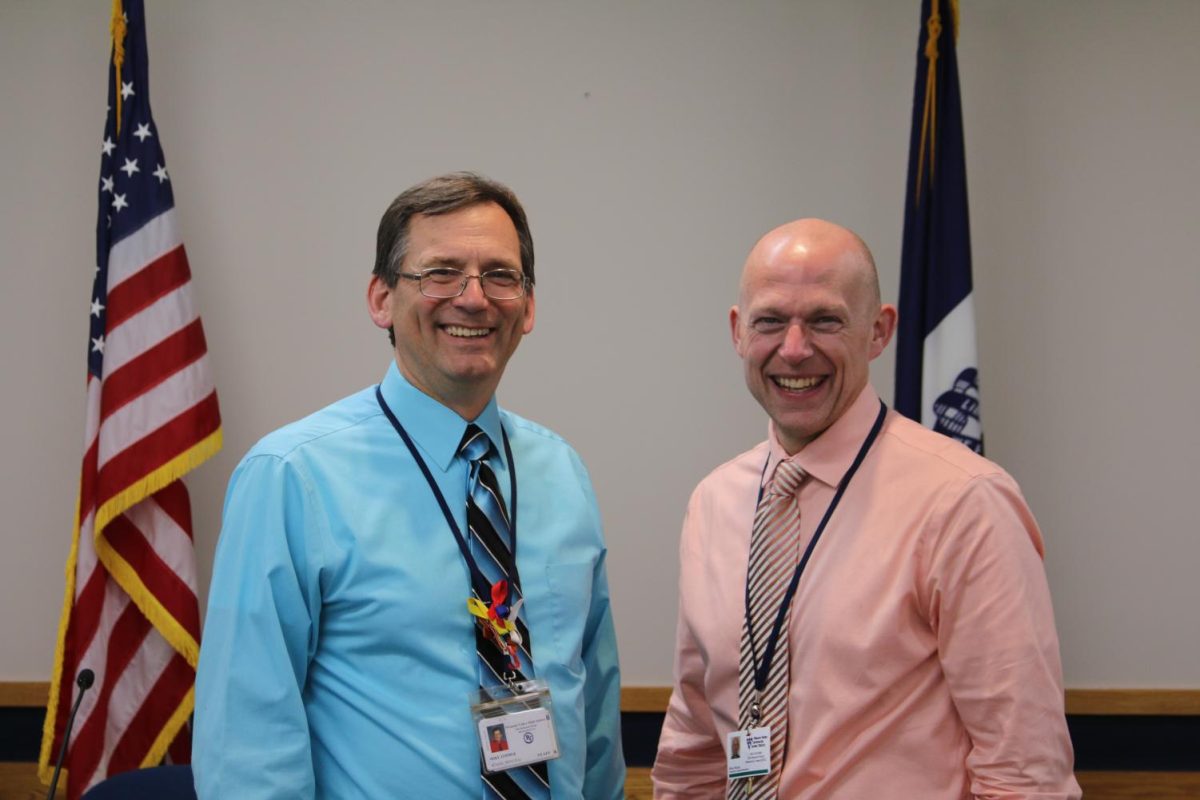

Julia leach • May 14, 2021 at 4:12 pm
Interesting points, very clear that there was extensive research!
Samuel Kowing • May 12, 2021 at 8:54 am
I’d be interested to see the arguments for the bill other than “It’s pushing a liberal agenda.” What does that even mean? I would have liked to hear what a student who supported the bill said, because I cannot wrap my head around how people can support it
Carson Albrecht • May 5, 2021 at 11:02 am
I love the article. The points you made were awesome keep up the work.